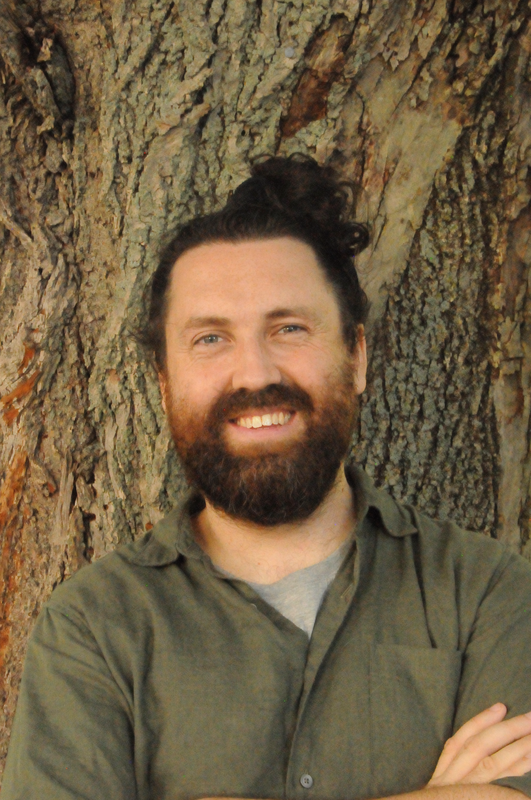Jordan TheriaultI am an Instructor in the Department of Radiology at the Massachusetts General Hospital Athinoula A. Martinos Center for Biomedical Imaging, and Harvard Medical School.
My research focuses on how neural and biological principles can help us understand social cognition and behavior, and in particular moral and normative motivation. I am interested in the social implications of predictive processing models of the brain, which suggest that the brain, through cumulative experience, constructs a predictive model of the world and filters bottom-up sensory signals, encoding only prediction error. I take the perspective that the brain has an overall evolutionary purpose: it coordinates activity in the body (e.g. among other organs), and helps its owner navigate an environment to receive a metabolic return on its metabolic investments. Action, perception, and cognition all have metabolic costs, and a well-adapted organism invests in these processes to get the metabolic resources it needs. From this metabolically-oriented perspective, I have developed two connected lines of theoretical work:
My postdoctoral work was with Lisa Feldman Barrett, Karen Quigley, and Ajay Satpute in the Interdisciplinary Affective Sciences Laboratory and the Institute for Experiential Artificial Intelligence at Northeastern University. My graduate training was in Social Psychology and Social Neuroscience at Boston College, where I completed my Ph.D. in the Morality Lab with Liane Young. Methodologically, I have used a combination of methods, including online and in-person surveys, fMRI (including high-resolution 7T fMRI to image subcortical nuclei), physiological recordings, and transcranial magnetic stimulation. My analysis pipelines use a combination of R, Python, and Matlab languages, as well as Docker (for reproducible computing environments), and Nipype (to flexibly combine neuroimaging toolboxes in Python). I was early to adopt and promote tools from the Open Science Framework, and I am committed to making my data and methods openly available (in BIDS format for fMRI datasets). I can be reached at [email protected] |
